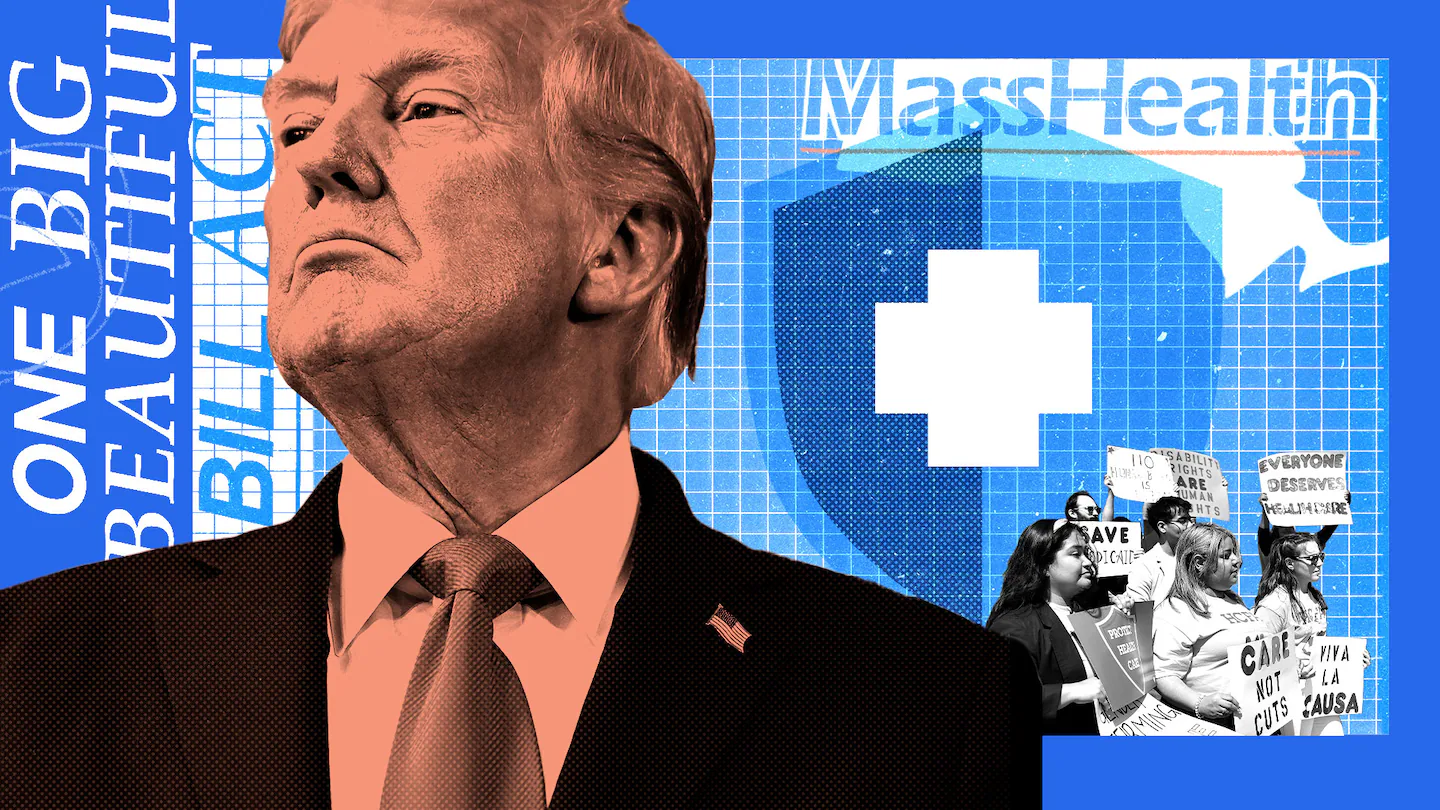
Medical guidance for pregnant Michiganders hasn’t changed despite President Donald Trump suggesting a link between acetaminophen use and autism earlier this week.
Acetaminophen (also known as Tylenol) is still recommended, at appropriate dosage, for pregnant women seeking relief for fever, headache or pain reduction, according to several Michigan physicians, health systems, and public health officials who point to unwavering guidance from national health organizations like the American College of Obstetricians and Gynecologists (ACOG).
“We consider Tylenol to be safe in pregnancy at the indicated dosage,” said Dr. Dave Colombo, division chief of maternal fetal medicine for Corewell Health.
Colombo downplayed the alleged link between the over-the-counter painkiller and autism spectrum disorders, adding that correlation is not the same as causation.
“You’d be hard-pressed to find a person who didn’t take it while they were pregnant,” Colombo said. “If it were true that it was a causation, our (autism) rates would be much higher than they are now.”
On Monday, Trump promoted unproven ties between Tylenol, vaccines and autism during a press conference at the White House. He said the U.S. Food and Drug Administration (FDA) would notify physicians that the use of Tylenol during pregnancy can be associated with a ”very increased risk of autism.“
“So taking Tylenol is, uh, not good,” Trump said.
The president told pregnant women to “tough it out” instead, which drew criticism from physicians who said not taking Tylenol could do more damage.
Untreated fevers during pregnancy can increase the risk of birth defects, premature birth and miscarriages, according to the Society for Maternal-Fetal Medicine (SMFM).
Other options to reduce fever — nonsteroidal anti-inflammatory drugs like Motrin Ibuprofen and Advil — are not recommended during pregnancy. They can negatively affect fetal kidney and heart function.
Related: Michigan autism community rejects RFK Jr.’s characterization of disorder
Tylenol has long been considered safe at recommended dosage. While some studies have raised the possibility of a link between autism risk, more extensive research hasn’t found a connection.
Like Corewell, other leading health systems across Michigan have said their guidance isn’t changing. They look to ACOG, the Society for Maternal-Fetal Medicine (SMFM), the American Academy of Pediatrics (AAP) and other medical organizations for guidance — all of which have stood by the safety of acetaminophen.
Similarly, the Michigan Department of Health and Human Services (MDHHS) supports recommendations from ACOG and SMFM.
“These recommendations are solidly grounded in science and comprehensive reviews of the literature,” MDHHS said in a statement.
The FDA’s notice to physicians said while an association has been described in “many studies,” a causal relationship has not been established and there are contrary studies of scientific literature.
Dr. Lynn Smitherman, a Detroit-area pediatrician, said she was disappointed “on so many levels” to hear Trump’s comments Monday, many of which were “not backed by scientific data.”
She has since heard from two mothers of young children who expressed guilt and concern over taking Tylenol while pregnant.
“I spent 20 minutes with each of them tying to assure them their children were fine and the use was warranted and it was appropriate,” she said.
Large studies, especially in places like Europe, where there is universal health care and standardized electronic medical records, can be more valuable than smaller studies in the U.S. where medical records vary greatly, Smitherman said.
She cited a Swedish study from last spring that looked at 2.5 million patients and found no relationship between the use of acetaminophen in pregnancy and cases of autism, ADHD and other intellectual disabilities.
“Acetaminophen use during pregnancy was not associated with children’s risk of autism, ADHD, or intellectual disability in sibling control analyses,” reads the study. “This suggests that associations observed in other models may have been attributable to confounding.”
Related: RFK Jr. building Autism Registry to track Americans by using their personal data
Prevalence of autism spectrum disorder has increased almost five-fold over the last 22 years, from 1 in 150 to 1 in 31 children, according to the advocacy organization Autism Speaks. For adults the rate is about 1 in 45.
Scientists and patient advocates attribute the prevalence to greater awareness, improved and earlier screening, expanded diagnostic criteria, and increased access to services.
U.S. Health Secretary Robert F. Kennedy Jr. has vowed to find an environmental cause of autism. But medical experts say there are likely many factors behind the complex neurodevelopmental condition — most of which are believed to be genetic.
“Years of rigorous scientific research indicate that autism is influenced by a combination of genetic, biological, and environmental factors,” said Dr. Colleen Allen, president and CEO of the Autism Alliance of Michigan.
“Oversimplifications about the complexity of ASD diverts attention from ongoing efforts to support early identification, evidence-based therapies, and inclusive communities.”
Talking about autism as a horrible disease that needs to be stomped out is the wrong message for federal officials to take, said Smitherman. While there are severe cases, many people on the autism spectrum are doing very well and neither they, nor their families, consider them a burden.
Colombo said he’s lost faith institutions like the FDA and U.S. Centers for Disease Control and Prevention (CDC) that were amazing but have more recently undermined public trust. Doing so has put the country in a bad situation and people could get hurt.
As for whether he’ll continue to recommend Tylenol, he said yes, including to his pregnant daughter.
“If she has a headache or a cold, I wouldn’t tell her not to take it over fear of autism,” he said. “Everyone has to make their own choices and weigh risks and benefits. But am I worried about my grandkid getting autism? Not from that, no.”
Patients are encouraged to talk to their doctor about their medical concerns and questions regarding medications that are safe for pregnancy.
“As always, any medication taken during pregnancy should be used only as needed, in moderation, and after the pregnant patient has consulted with their doctor,” said the American College of Emergency Physicians.



